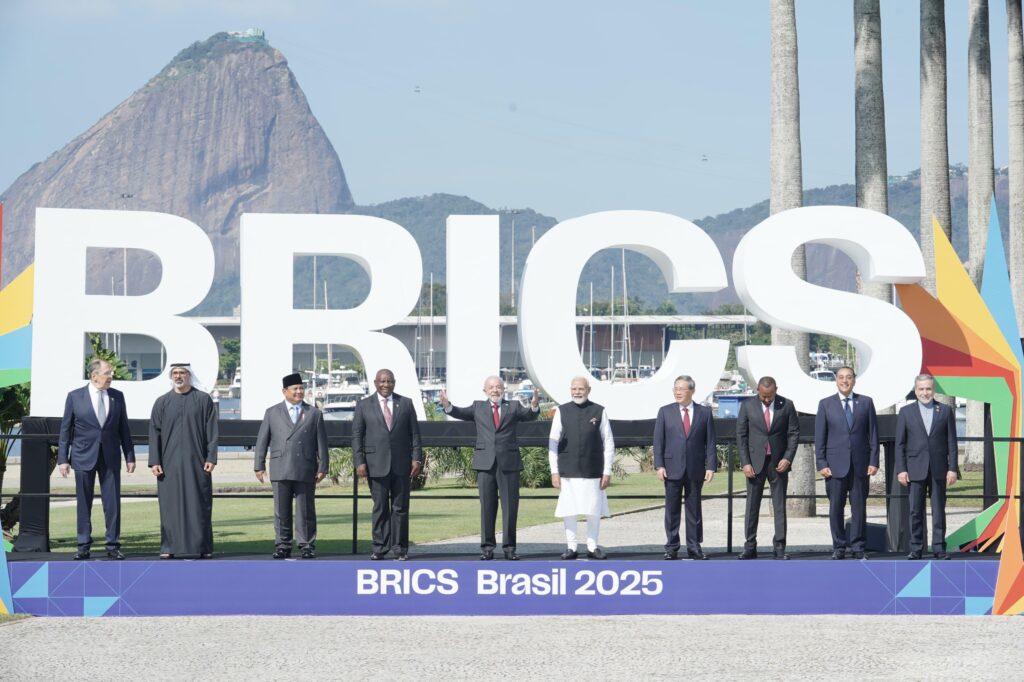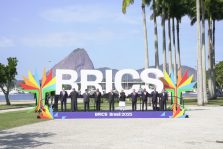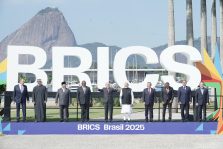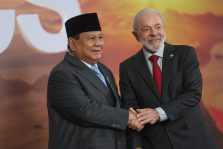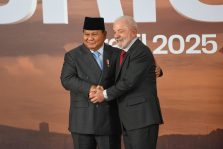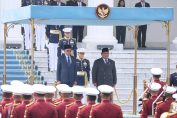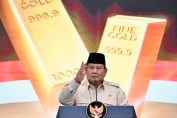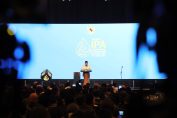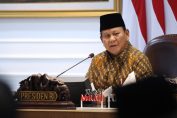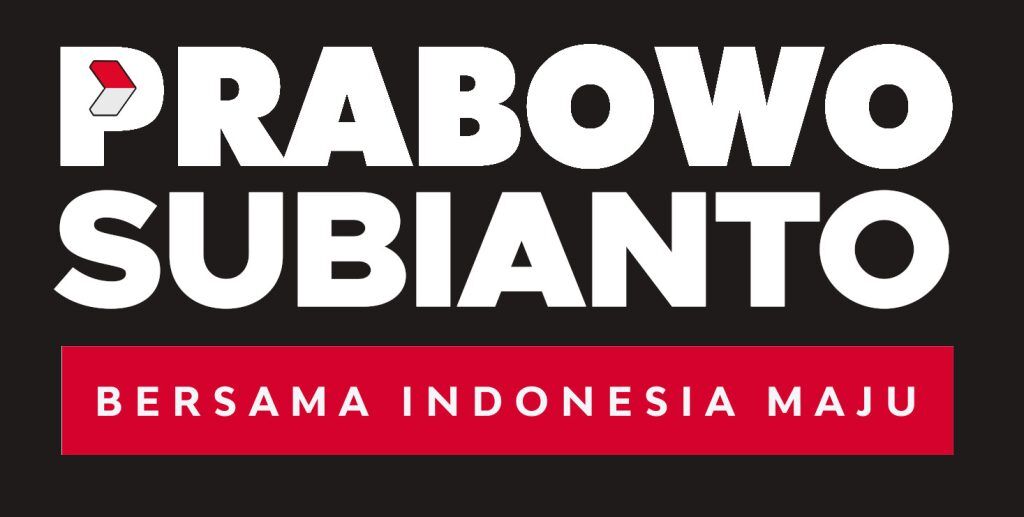Rio de Janeiro — Brazilian President Luiz Inácio Lula da Silva asserted that the BRICS bloc embodies the spirit of the historic Asian-African Conference—better known as the Bandung Conference—which stood in defiance of domination by the world’s major powers.
Lula made the statement in his opening remarks during the first session of the 17th BRICS Summit, held at the Museum of Modern Art (MAM) in Rio de Janeiro on Sunday (July 6). Indonesian President Prabowo Subianto attended the gathering, marking Indonesia’s inaugural participation as a full member of BRICS.
“BRICS is the manifestation of the Bandung Non-Aligned Movement. BRICS carries the spirit of Bandung,” Lula declared before the assembled heads of state and government.
During his speech, Lula also highlighted what he described as an unprecedented crisis facing multilateralism worldwide.
“On June 26, the United Nations turned 80 years old, yet we are witnessing the collapse of multilateralism on a scale never seen before,” he observed.
He recalled that the founding of the United Nations symbolized the defeat of fascism and became a collective beacon of hope for humanity. Lula further noted that most BRICS members today were among the original signatories of the UN Charter.
“Ten years after the United Nations was established, the Bandung Conference rejected dividing the world into spheres of influence and championed a multipolar international order,” he said.
Concluding his address, Lula underscored BRICS’ place in the contemporary global landscape.
“BRICS is the heir to the Non-Aligned Movement,” he declared.
Indonesia has been a full member of BRICS since January 1, 2025. The summit serves as a forum for BRICS leaders to address a range of political and security challenges, including protracted conflicts in various regions, reforms of global governance institutions, and strengthening multilateral cooperation.
In addition, the leaders are expected to discuss pressing economic and financial issues, opportunities for collaboration in emerging sectors such as artificial intelligence governance, climate action and environmental protection, and global health.

